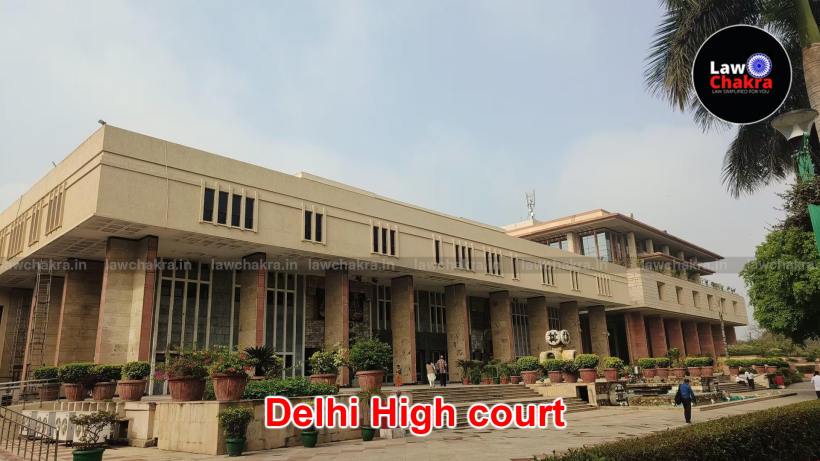Think You Own That Property? Supreme Court Says Registration Isn’t Enough

Thank you for reading this post, don’t forget to subscribe!
The Supreme Court has ruled that property registration alone does not confirm ownership. Legal documentation and court validation are key to proving true ownership rights.
New Delhi: In a major judgment that could change how people think about property in India, the Supreme Court has clearly said that just registering a property does not mean you legally own it.
This ruling has led to discussions all over the country and is expected to impact property buyers, legal professionals, and real estate developers in a big way.
ALSO READ: AIMPLB to Move Supreme Court Against Centre’s Waqf Umeed Portal Launch, Calls It Contempt
Earlier, many people believed that if they registered a property in their name, it meant they became the legal owner.
But now, the Supreme Court has explained that this is not true. The court said that registration is only a step in the process and not the final proof of ownership. Ownership means having full legal rights to use, control, and sell the property.
The judgment made one thing very clear:
“Mere registration does not establish full ownership rights.”
This means that just having your name on the registered document is not enough to claim full ownership of a property.
The court also pointed out that to prove you are the real owner, you must have proper and complete documents.
“Thorough documentation is required to conclusively prove ownership.”
This means people need to keep all legal documents in place—not just the registration papers—to prove ownership if there’s ever a dispute.
Further, the Supreme Court said that when it comes to property disputes, courts still play the most important role.
“Legal adjudication remains central to the resolution of property disputes.”
So even if someone has registered a property, the final decision about who is the real owner will depend on what the court decides after looking at all the documents and evidence.
This ruling is especially important for those who have received property through buying, inheritance, or any other method.
It sends a strong message: registration is not enough, and people must ensure their legal rights are properly recorded.
Experts now advise all property owners to take these steps:
- Get all property papers checked and verified by legal professionals.
- Do not assume that registration gives full ownership.
- Stay updated with property laws and court judgments to avoid future issues.
This decision will also bring major changes in the real estate sector and legal profession. Builders, buyers, and lawyers will now have to follow clearer legal rules while buying or selling property.
Since legal ownership is now more important than just having the property registered, this could also affect property prices and how property deals are made.
ALSO READ:Kiren Rijiju Launches UMEED Portal for Transparent Waqf Property Management
The Supreme Court’s decision could push the government and legal system to review and strengthen property laws.
A more transparent and clear legal structure is expected to come up soon. This will help people understand the difference between registering a property and being its legal owner.
Click Here to Read Our Reports on Waqf





